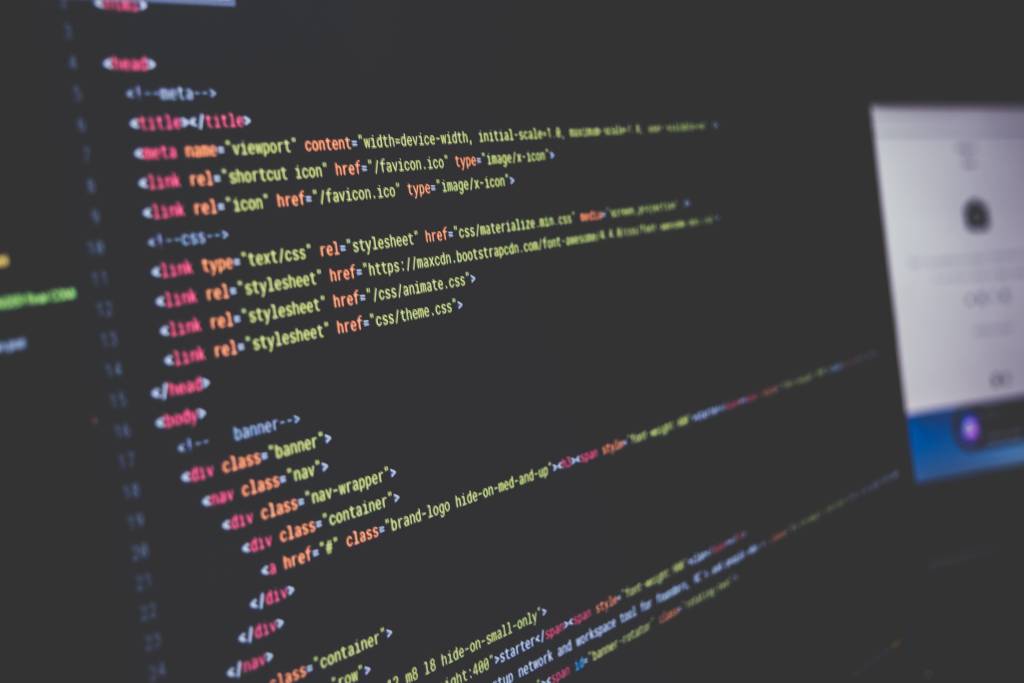Dive into Deep Learning - What is Deep Learning?
- by Mike Groenen
- 2023-02-22
- 1947 views
- Reading time: 3 minutes

Deep Learning: Revolutionizing Artificial Intelligence
Deep Learning is a rapidly growing field in artificial intelligence that has taken the world by storm. In recent years, deep learning algorithms have been responsible for many breakthroughs in various fields such as computer vision, speech recognition, and natural language processing. In this blog, we will take a closer look at deep learning and its potential to revolutionize the way we approach problems.
What is Deep Learning?
Deep Learning is a subfield of machine learning that focuses on artificial neural networks with multiple hidden layers. These hidden layers are capable of automatically learning complex relationships between inputs and outputs from the data. Deep Learning algorithms are inspired by the structure and function of the human brain and aim to mimic its ability to learn and make decisions based on experience.
How Does Deep Learning Work?
Deep Learning algorithms work by training on a large dataset and iteratively adjusting their parameters to minimize the error between the predicted outputs and the actual outputs. The model starts with random parameters and gradually improves its accuracy as it is trained. This process is repeated multiple times until the model reaches a satisfactory level of accuracy.
The key to deep learning's success is its ability to automatically learn complex relationships between inputs and outputs from the data. This allows deep learning algorithms to identify patterns and make predictions that would be difficult or impossible for a human to do manually.
Applications of Deep Learning
Deep Learning has a wide range of applications and has been used to solve problems in many fields. Some of the most exciting applications of deep learning include:
-
Computer Vision: Deep Learning algorithms have been used to develop highly accurate image classification systems, object detection systems, and facial recognition systems.
-
Speech Recognition: Deep Learning algorithms have been used to develop speech recognition systems that are capable of transcribing speech in real-time with high accuracy.
-
Natural Language Processing: Deep Learning algorithms have been used to develop systems that can automatically translate between languages, summarize text, and answer questions based on natural language input.
-
Recommender Systems: Deep Learning algorithms have been used to develop highly accurate recommender systems that can suggest products, movies, and more based on a user's preferences.
The Future of Deep Learning
Deep Learning has the potential to revolutionize the way we approach problems and has already had a significant impact in many fields. In the future, we can expect to see even more breakthroughs and advancements in deep learning, leading to new and innovative solutions to some of the world's most challenging problems.
In conclusion, Deep Learning is a rapidly growing field with a bright future. It has already been responsible for many breakthroughs and has the potential to revolutionize the way we approach problems. If you're interested in learning more about deep learning, there are many resources available online, including online courses, tutorials, and research papers.

